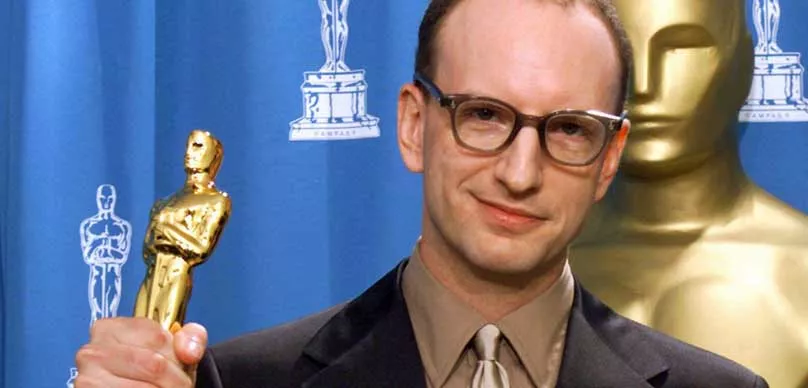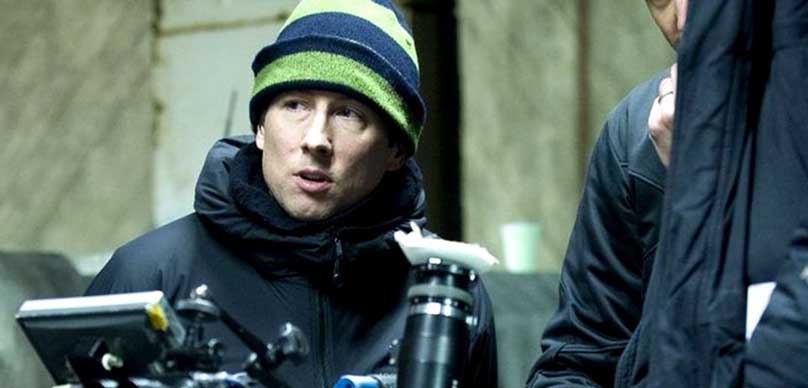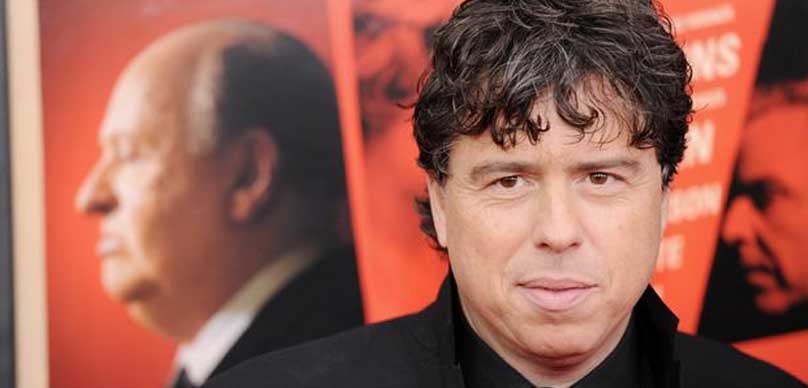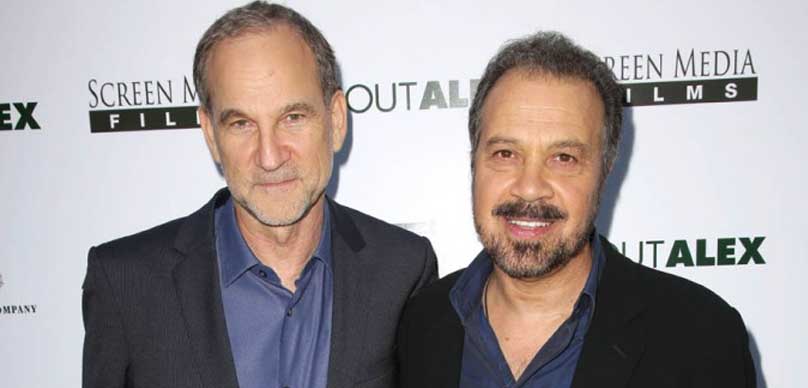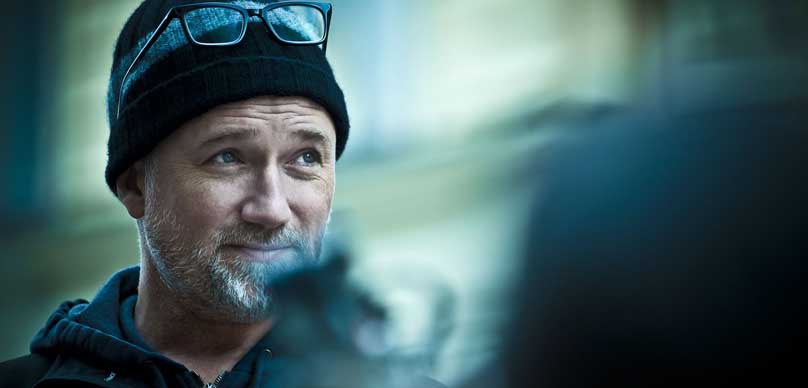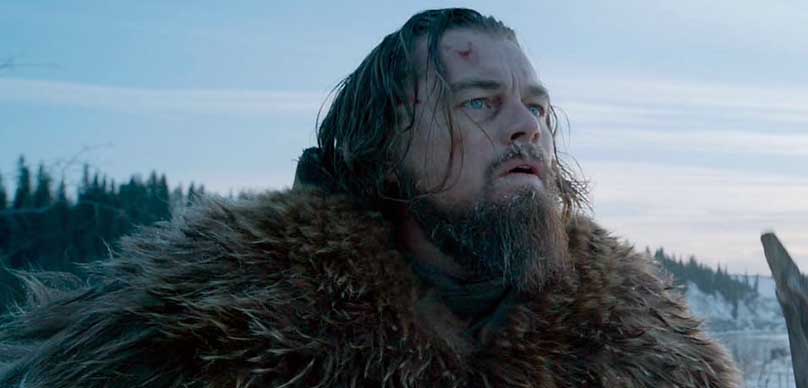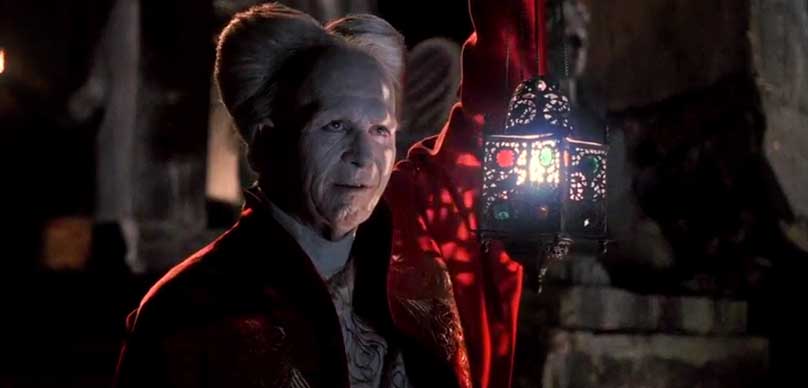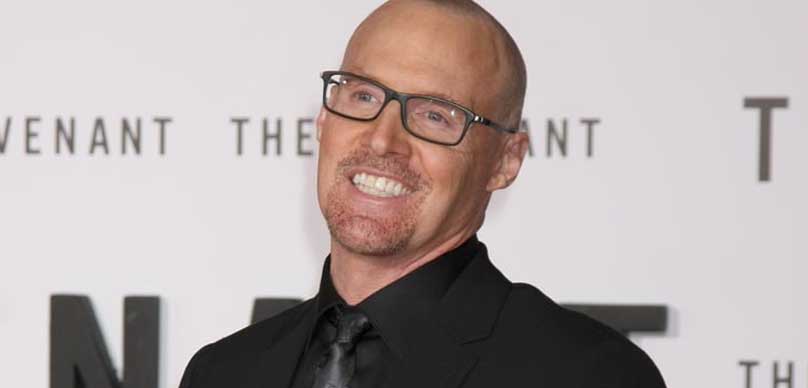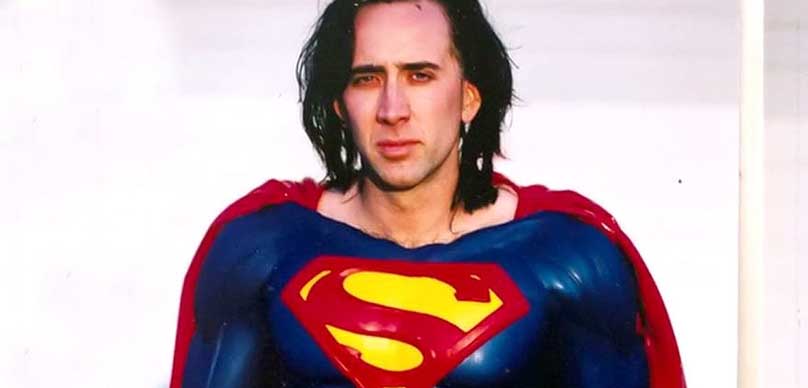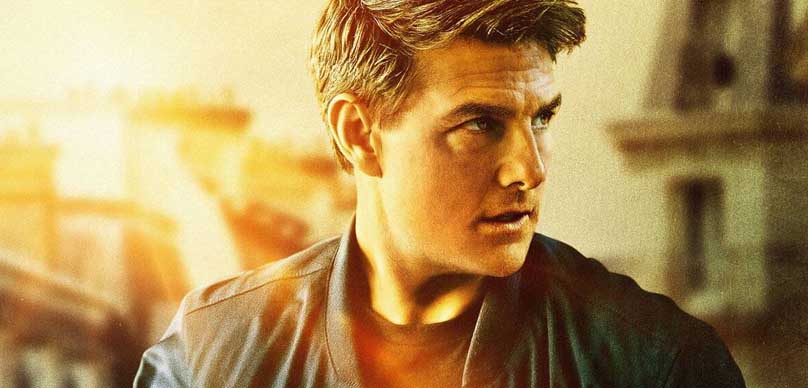Steven Soderbergh is one of the most innovative film directors and storytellers of his generation. Below you will find a collection of his films’ screenplays. Do you think we’re missing a script? Let us know by providing the link in the comment section.
When you are done reading take a listen to Apple’s #1 Screenwriting Podcast The Bulletproof Screenwriting Podcast, with guest like Oscar Winner Eric Roth, James V. Hart, David Chase, John August, Oliver Stone and more.
(NOTE: For educational and research purposes only).
SEX, LIES, AND VIDEOTAPE (1989)
Screenplay by Steven Soderbergh – Read the screenplay!
KAFKA (1991)
Screenplay by Lem Dobbs – Read the screenplay!
OUT OF SIGHT (1995)
Screenplay by Scott Frank – Read the screenplay!
THE LIMEY (1999)
Screenplay by Lem Dobbs – Read the screenplay!
ERIN BROCKOVICH (2000)
Screenplay by Susannah Grant – Read the screenplay!
TRAFFIC (2000)
Screenplay by Stephen Gaghan – Read the screenplay!
OCEAN’S ELEVEN (2001)
Screenplay by Ted Griffin – Read the screenplay!
SOLARIS (2002)
Screenplay by Steven Soderbergh – Read the screenplay!
OCEAN’S TWELVE (2004)
Screenplay by George Nolfi – Read the screenplay!
OCEAN’S THIRTEEN (2007)
Screenplay by Brian Koppelman and David Levien – Read the screenplay!
THE GIRLFRIEND EXPERIENCE (2009)
Screenplay by Coleman Hough – Read the screenplay!
THE INFORMANT! (2009)
Screenplay by Scott Z. Burns – Read the screenplay!
CONTAGION (2011)
Screenplay by Scott Z. Burns – Read the transcript!
BEHIND THE CANDELABRA (2013)
Screenplay by Richard LaGravenese – Read the transcript!
LOGAN LUCKY (2017)
Screenplay by Rebecca Blunt – Read the screenplay!
UNSANE (2018)
Screenplay by Jonathan Bernstein, James Greer – Read the Transcript!
Steven Soderbergh: Maverick Filmmaker
Steven Soderbergh was born on the January 14, 1963. He is a New York based editor, cinematographer, screenwriter, director, and a producer. He became popular at 26 when his drama titled Sex, Lies, and Videotape won an award at the Cannes Film Festival in 1989. The award made him the youngest director to win such highly coveted award.
He was born in Atlanta, Georgia as the second of six children of Peter Andrew Soderbergh and Mary Ann Soderbergh. No doubt, he is about the most successful among his siblings. His father was a university administrator and educator. During his days as a toddler, his family moved to Charlottesville, Virginia and he lived there during his adolescence.
His family later moved to Baton Rouge in Louisiana by then, Peter Soderbergh, Steven’s father had become the Dean of Education at Louisiana State University. It was in Baton Rouge that he discovered his love for filmmaking. He launched his career as a filmmaker and director by directing short films with the filmmaking equipment that he borrowed from some Louisiana State University students.
His primary and high school education was at Louisiana State University Laboratory School. Due to his love for filmmaking, Steven enrolled in Louisiana State University film animation class and he began making short films with borrowed equipment.
After graduating from high school, his parents had wanted him to work towards gaining admission into the university but Steven had other plans. He pushed his way into Hollywood. He started by working as game show scorer and cue card holder. Fortune later smiled on him when he got a job as freelance film editor.
His major breakthrough came with Yes rock band’s contract to direct their concert video tagged 9012Live in 1985. The video earned him a Grammy nomination. Some of his works are:
- Kafta, a mystery thriller – Released in 1991
- Schizopolis, an experimental comedy movie – Released in 1996
- Out of Sight, a crime comedy – Released in 1998
- Erin Brockovich, a biographical movie – Released in 2000
- Traffic, another crime drama – Also released in 2000. It is worthy of note that this work earned him the Academy Award for the Best Director
- Ocean’s 11 and its other sequels collectively tagged Ocean’s Trilogy, the remake of the comedy heist film- Released in 2001
- Bubble – Released in 2005
- Che, another biographical movie – Released in 2008
- The Girlfriend Experience, an experimental drama movie – Released in 2009
- Contagion, a medical thriller – Released in 2011
- Magic Mike, another comedy – Released in 2012
Apart from the ones listed above, Steven Soderbergh also got the contract to edit, direct and photograph all the episodes of The Knick, a popular television drama. Over the years, he has produced so many television programs and numerous films. He has also been able to provide cinematography and editing for a countless number of his films.
As mentioned earlier, he discovered his filmmaking ability is Baton Rouge where he conceived and implemented the ideas behind Sex, Lies and Videotape in 1989. Due to his burning desire to be a writer and a filmmaker, he wrote the movie in just eight days. In fact, apart from the award he won with the movie, it became a worldwide commercial success.
There is nobody, no matter how successful, who did not encounter his or her share of failure and disappointments. However, the real failure is not trying anything at all. Steven Soderbergh had his own low moments too. His success on Sex, Lies and Videotape was followed by a few disappointments. Kafka, The Underneath and Schizopolis were not as successful as others.
However, he eventually redeemed himself with the success of Out of Sight which was a slightly modified adaptation of Elmore Leonard’s novel. This success marked the beginning of what seemed like a long term partnership between Steven Soderbergh and George Clooney.
In 1999, he followed his success on Out of Sight with another crime related movie, The Limey. The movie featured successful actors like Peter Fonda and Terence Stamp. As successful as it was, it was not as successful as Erin Brockovich which he did in 2000. In other words, he consolidated his success on The Limey with the release of Erin Brockovich. Another remarkable thing about the movie is that it earned Julia Roberts, one of the stars, her first Oscar award. She played the role of a single mother in the movie. Despite the success of Erin Brockovich, Soderbergh did not rest on his oars, he released another blockbuster later that same year. Traffic (name of the movie) would become the movie that would earn him an Academy Award for Best Director. It is worthy of mention that Erin Brockovich earned him a nomination that same year.
As an indication that Soderbergh had carved a niche for himself and had become not just a successful brand, he had become a force to reckon with in Hollywood, that year, he was nominated for Best Director for two different movies by Directors Guild of America, Golden Globes, and the Academy Awards. The double nomination was said to be the first in about 60 years of an award presentation.
Ocean’s Eleven, released in 2001 remains Soderbergh’s highest-grossing movie till today. It grossed over $183 million locally and over $450 million worldwide. That is a total of $633 million for just one movie! What a feat. What an astounding achievement. Due to his several remarkable achievements, Steven Soderbergh was elected as the first Vice President of Directors Guild of America in 2002.
Bubble, that was released in 2005 did not do so well may be because Soderbergh used nonprofessional actors and actresses. The fact that the movie cost $1.6 million did not make any impact on the performance of the movie. Even theater owners were not happy with the movie. They saw it as a threat to the viability of theater business. He was openly criticized by notable figures in the movie industry. However, Soderbergh did not allow this to put him down. He forged ahead with several other day-and-date movies in 2006.
Ocean’s Thirteen was released in June 2007 in the sixth partnership between Soderbergh and Clooney. This was followed by the release of Che in 2008. It was released in theaters in two parts. That same year, he also shot The Girlfriend Experience with Sasha Grey being the lead actress.
The Informant was his next film which was released in 2009. The movie is a black comedy. The movie was based on Kurt Eichenwald’s book. That same year, he also directed a play titled Tot-Mom and it was performed in Sydney Theater Company in Australia.
His daughter, Sarah Soderbergh was born in February 1990 with Betsy Brantley. It was a big milestone in his life. No matter how successful you are, nobody is complete without his own family. He ranked #35 and #39 in Premiere’s annual power 100 list in 2002 and 2003 respectively.
In 2003, he added another feather to his cap by joining the jury at the Cannes Film Festival, making his career a little more impressive and intimidating. With his expertise and experience in movie directing, he directed some actors and actress to Oscar nomination and awards. Julia Roberts won the Oscar Award for Best actress for her role in Erin Brockovich in 2000 and Benicio Del Toro won the award for best supporting actor in his role in Traffic also in the same year. Albert Finney was only nominated. 2000 was obviously a significant and successful year for Steven Soderbergh.
In 2005, he showed interest in directing Fantastic Four but he didn’t get to direct it for some reasons. George Clooney decided to part ways with Soderbergh in August 2006 after six years of a highly successful partnership.
Nothing about his current success indicates that he once used a rented above-garage room from a family in Los Angeles in his early days. Steven Soderbergh once admitted that he has another daughter from an Australian woman. Steven Soderbergh has been married twice. His first marriage was with Betsy Brantley and it lasted from 1989 to 1994 before it crashed. It took him another 9 years to get married again. This time, it is to Jules Asner and they are still married.

